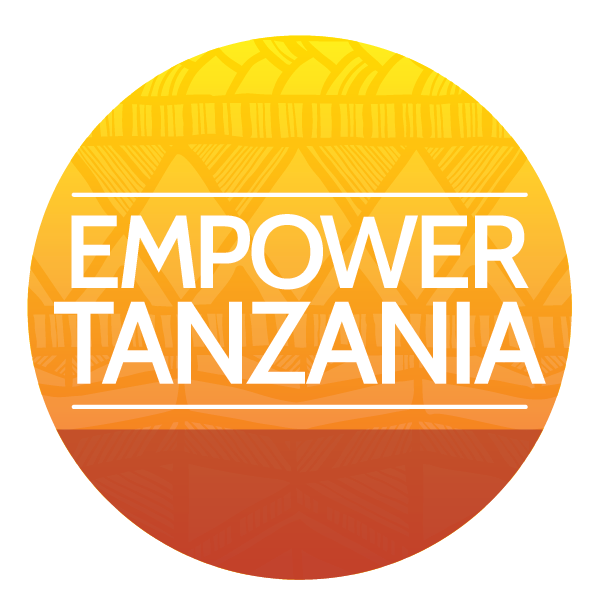6 Ways Life Has Changed in Nadaruru
In 2018, Empower Tanzania staff, along with government stakeholders and community members, completed rehabilitation of a fresh water well in the remote village of Nadaruru. In the year and a half that has followed, the people who live in Nadaruru have seen remarkable improvements in their everyday lives. Here are just a few things that have changed since this clean water project was completed:
1. Clean Clothes. Teacher Ziada Hashima Matendo (pictured above) celebrates the fact that children come to school each day clean and ready to learn. “The children get baths. Their health has improved. And we all feel smart and clean and ready to learn at the beginning of the day!”
2. Better Education. Ms. Matendo has also noticed a huge difference in her students’ ability to learn since the clean water well and distribution points have been completed. Because children no longer have to walk long distances (sometimes up to four hours!) to collect water for their families before school, they come to school less tired and with much more energy. School attendance has improved dramatically and she finds that she not only has more time to teach, but gets to work with a much better rested group of kids.
3. More Disposable Income. Ms. Matendo, who lives with her husband and two children, used to have to spend 9,000 Tanzanian Schillings (approximately $4) each day on bottled water to drink, clean, wash, and cook with. Now that there is a distribution point nearby that provides clean water, she can use that money to buy food. She reports that she and her family (and others like hers) no longer feel hungry.
4. More Time. 13-year-old Cecilia Selemani (pictured above left) says that her life has changed dramatically since the clean water source and many distribution points were added to her community. “My legs used to ache all day when I had to journey 8 km every morning to collect water for my family from the closest pond,” she said. She now has more time to study and to play. Her parents have more time to farm and produce extra income for her family.
5. Improved Health and Safety. Cecilia also says that she and her siblings no longer get sick all of the time from drinking water from a pond, which was the same pond that cows and other animals drink from and graze in. “There is less disease now and our health has improved because we can drink safe, clean water,” she says. Cecilia and her peers also say they are relieved to not have to walk for hours to collect water with the fear of being attacked by predators.
6. Better Relationships. Stressful situations cause strain in relationships and not having clean water was among one of the biggest stressors for families in Nadaruru. Whether due to frequent illness caused by drinking dirty water, the time it took to collect it, or the fact that thirst went unquenched, hardship surrounding water took an emotional toll on families. Now that the village has a clean water source accessible, many men and women say their relationships have improved. There is less conflict within households and people experience less stress and more joy.




